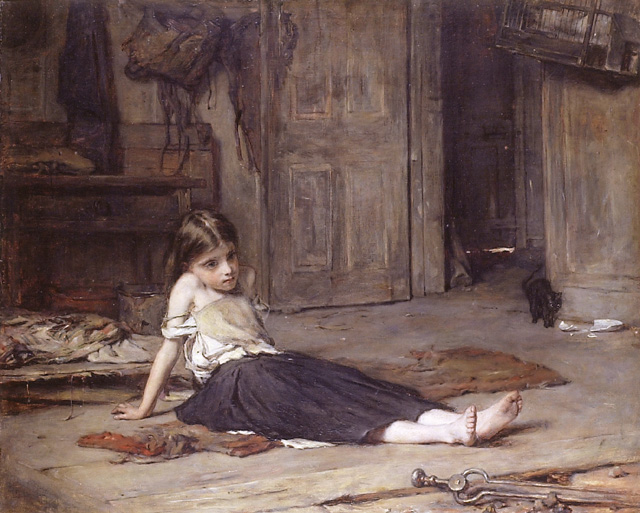The Power of Poverty-Fighting Poetry

Poetry can offer a vision of a more just and fair world, a world which often runs contrary to conventional and established socioeconomic norms. For centuries, poets have used their pens to dispel myths and misconceptions about the poor with poverty-fighting poetry. Especially in the camp of written works, representations of poverty have caused a rift between poetry and the well-circulated novels and plays of renown authors and playwrights. The cryptic undertones of poetry force us to internalize and think about the hardships associated with poverty, while many novels and plays simply use poverty as a setting, or a stage on which authors and playwrights can effectively deploy their storylines.
Poverty-Fighting Poetry
Today, young people are harnessing the power of poetry to emphasize the burdens of poverty and to champion for a better world. Poetry competitions not only serve as a forum to advocate for change but as a means of giving back to the world’s most vulnerable communities.
Poetry at Menstrual Hygiene Day
In the United Kingdom, the Women and Girls organization launched a poetry competition for Menstrual Hygiene Day (May 28th) in which British youth were encouraged to write poems about period poverty. The goal of the organization and of the poetry competition is to expand access to sanitary protection and menstrual hygiene products for impoverished women in India. In many parts of South Asia, it is considered taboo to openly talk about menstruation and to even search for period products. This lack of understanding of the importance of female hygiene promotes the inability of women to care for themselves while on their periods, a plight commonly known as period poverty.
One of the judges of the competition, Perdita Cargill, thinks that poetry will help break down misunderstandings of menstruation and barriers to menstrual hygiene: “Let’s talk about periods and write poems about them and do whatever we can to help others get the fair access to sanitary protection they need for dignity and health.” Poverty-fighting poetry encompasses a breadth of struggles related to various forms of impoverishment, from period poverty to more common perceptions of poverty, such as economic inequality and hunger.
The Steps to Happiness Event
In Florence, Italy, the Lorenzo de’Medici school recently held The Steps to Happiness event where students wrote poems to inspire other young people to join Malala Yousafzai’s campaign to provide education for all. The winner of the competition, Katelin Pierce, captures the essence of expanding educational opportunities for young girls:
“These little girls may have little voices
but they have large hearts and many hands
and they grab all they can of letters and words and ideas
whispered to them in hushed tones.”
Hunger in the UK
Another poetry competition in the United Kingdom merged the Young Poets Network with End Hunger UK to address the crisis of food poverty in Britain. Statistics cited by the End Hunger organization claim that 1 in 4 parents with children aged 18 and under skip meals because they lack financial means; in fact, the United Kingdom falls only behind Albania as the second most food insecure country in Europe. The Young Poets Network and End Hunger UK teamed up to challenge British writers aged 11-25 to write about their personal experiences with food insecurity and to offer solutions to solve the food crisis. While poverty-fighting poetry enables young people to speak about their struggles with impoverishment, it also builds bridges of understanding and empathy.
These examples are all instances of poverty-fighting poetry that challenge traditional notions of which means can and cannot be used to address issues of global poverty. Innovative humanities-based approaches to poverty can accomplish something that more clinical and statist-based approaches cannot offer: understanding.
– Grayson Cox
Photo: Flickr
